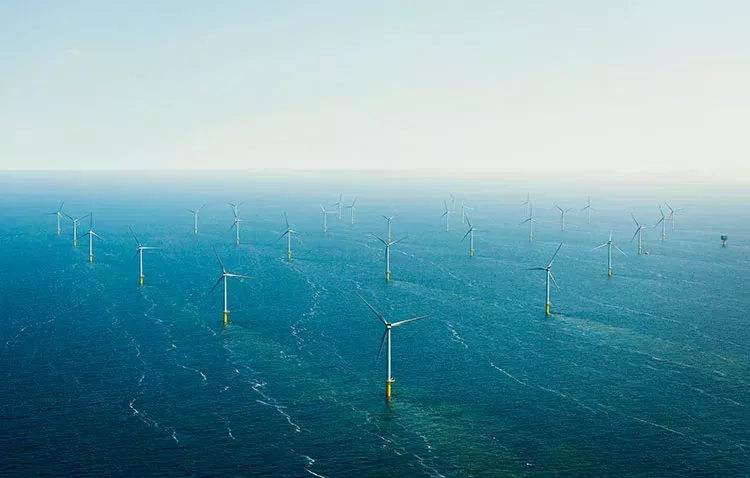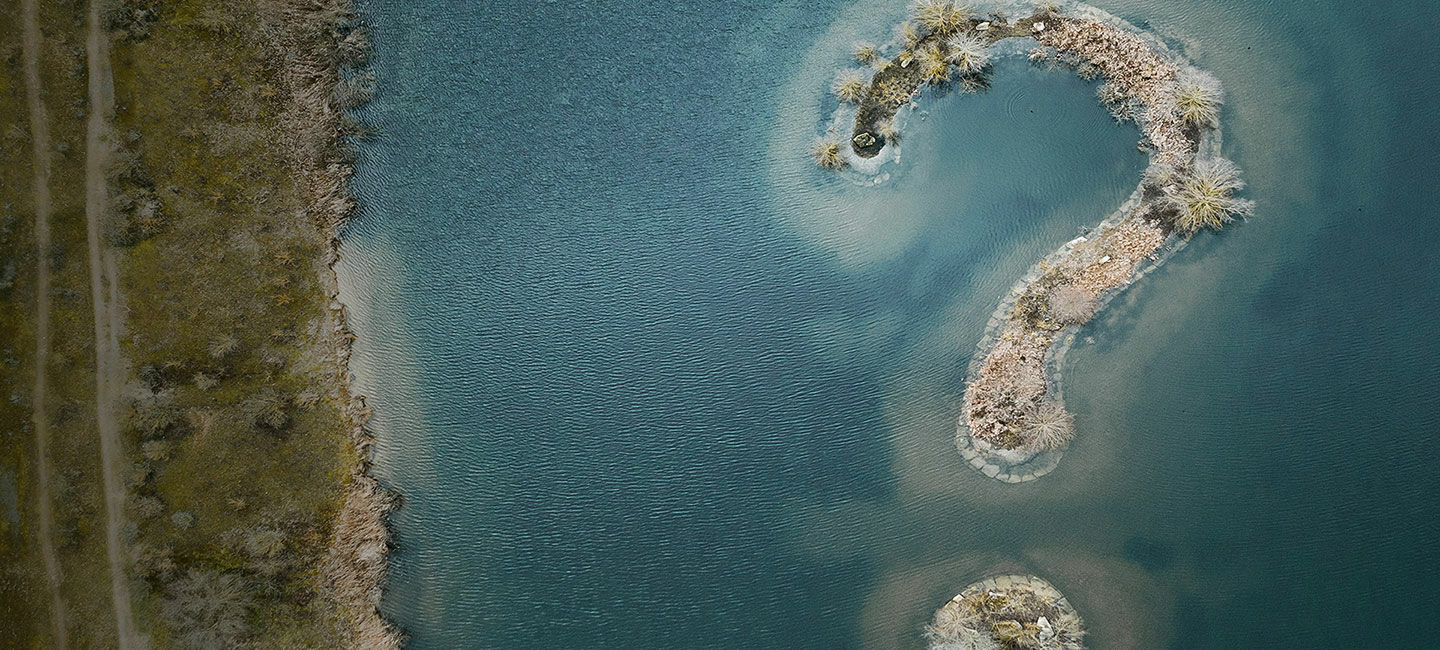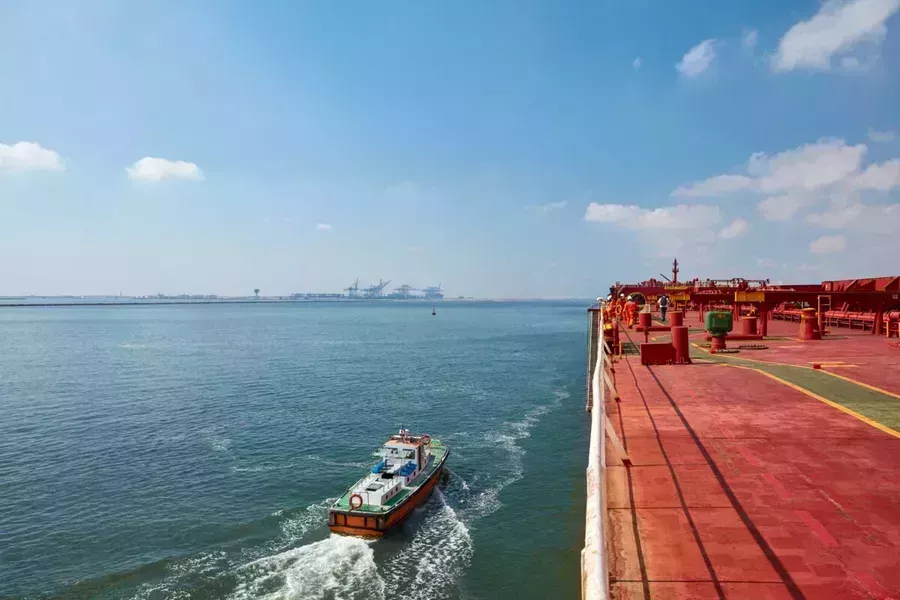Our oceans play a key role in our day-to-day lives. They regulate our climate, provide the air we breathe, and give us the food we eat. But these oceans are under threat, with pollution, acidification and rising temperatures threatening to cause irreversible damage to marine habitats.
It’s clear we need to use our oceans in more sustainable ways. But to do this, we need to build a greater understanding of our marine environment.
Claire Jolly, from the OECD, discusses the critical role marine geospatial data can play in building sustainable and resilient marine economies.
The Organisation for Economic Co-operation and Development (OECD) have played a key role in developing this understanding by providing evidence-based information to improve research and innovation for sustainable ocean management.
In this presentation, Claire Jolly, Head of Unit, Innovation Policies for Space and the Ocean,- discusses the OECD’s latest research into the value of marine data and the critical role it can play in building sustainable and resilient marine economies. This includes discussion on:
- The different types of value that geospatial data has, from scientific to economic value
- How mapping value chains from data users’ perspectives can provide new evidence on the benefits of marine data
- How the collection and uses of marine data can contribute to and benefit from Official Development Assistance (ODA) programmes

OECD Reports
To support efforts to transition to a more sustainable ocean economy, the OECD provides governments with a range of data and evidence for decision-making. This includes a series of reports that have played a pivotal role in the creation of policy and initiatives that will reshape our relationship with our oceans, including:
- ‘The Ocean Economy in 2030’
- ‘Rethinking Innovation for a Sustainable Ocean Economy’
- ‘Sustainable Ocean for all: Harnessing the benefits of sustainable ocean economies for developing countries’
You can find out more about these reports on the OECD website.

Name
Claire Jolly
Claire has been managing OECD research on the ocean economy in the Directorate for Science, Technology and Innovation (STI) in the OECD for the past five years, in close coordination with other parts of the House and international partners.
This includes in particular work on ocean economy measurement and on the role of science and innovation to improve ocean sustainability.




